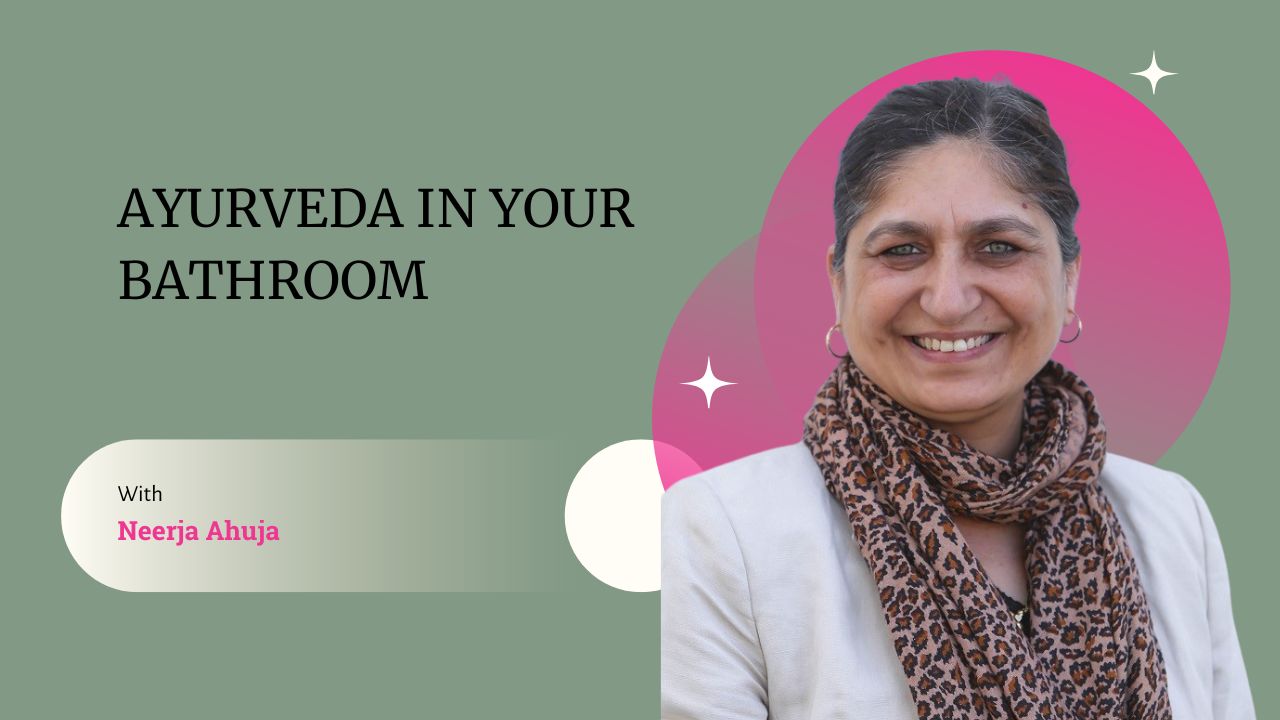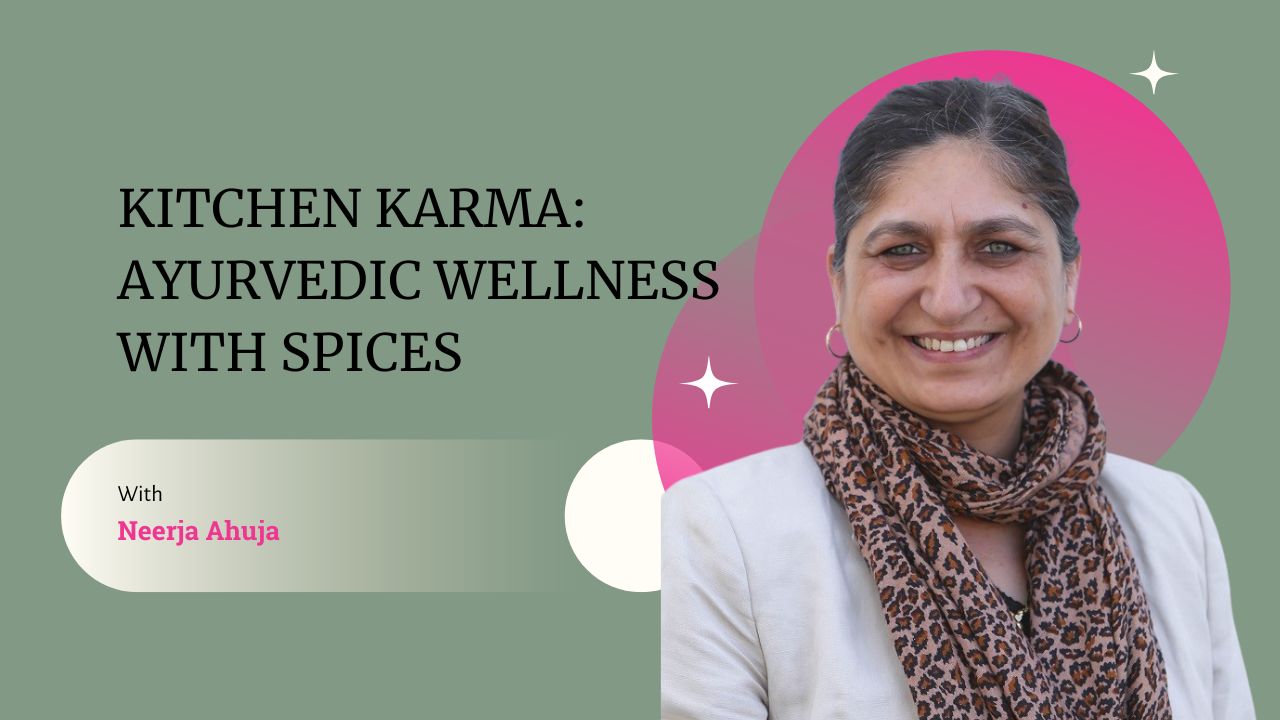Have you ever found yourself tossing and turning at night, unable to quiet your racing thoughts? Perhaps you’ve noticed how stress, anxiety, or sadness can disrupt your sleep, leaving you feeling exhausted despite spending hours in bed. The connection between emotional health and sleep is profound, and ancient Ayurvedic wisdom provides deep insights into why this happens, and, more importantly, how to restore balance.
In this blog post, we’ll explore the Ayurvedic perspective on sleep and emotional well-being, uncover the role of the three Gunas in shaping our mental states, and discover natural techniques to promote deeper, more restorative sleep.
The Ayurvedic View of Sleep & Emotional Well-Being
In Ayurveda, sleep is not just a physical process but a delicate interplay between mind, body, and spirit. Imagine sleep as a three-legged stool, if one leg wobbles, the entire structure becomes unstable. Similarly, when our emotional health is imbalanced, our sleep suffers.
To understand this connection, Ayurveda introduces the concept of the three Gunas, fundamental qualities that influence our mental state:
- Sattva (Clarity & Calm): A peaceful and clear mind leads to restful sleep.
- Rajas (Restlessness & Activity): An overactive mind filled with worries or stress results in difficulty falling asleep.
- Tamas (Inertia & Heaviness): Excessive lethargy or sadness can cause oversleeping yet leave us feeling fatigued.
By understanding which Guna is predominant in our emotions, we can apply specific Ayurvedic practices to restore balance.
How Emotions Affect Sleep
Different emotions impact our sleep in distinct ways:
- Anxiety & Stress (Rajas): An overactive mind with “too many tabs open” makes it hard to relax.
- Depression & Sadness (Tamas): Feelings of heaviness may cause excessive sleep yet leave us feeling unrefreshed.
- Anger & Frustration (Pitta Imbalance): Internal heat creates restlessness, making it hard to settle.
- Grief & Loneliness (Vata Imbalance): Feelings of emptiness and instability lead to disturbed sleep patterns.
The good news? Ayurveda provides natural ways to balance emotions and improve sleep quality.
Ayurvedic Practices for Emotional Balance & Better Sleep
1. Daily Routine (Dinacharya), Stability for the Mind
- Start your day with 5 minutes of meditation to set a calm, intentional tone.
- Engage in self-massage (Abhyanga) using warm black seed sesame oil (for grounding) or coconut oil (for cooling emotions).
- Practice gratitude journaling at night to shift your emotional state before bed.
2. Breathing Techniques (Pranayama), Reset the Nervous System
- 4-4-8 Breathing: Inhale for 4 counts, hold for 4, and exhale for 8. This soothes anxiety and prepares the body for sleep.
- Bhramari Pranayama (Bumble Bee Breath): A simple technique to calm the mind before bedtime.
3. Herbs for Emotional Stability & Deep Sleep
- Ashwagandha: An adaptogen that reduces stress and promotes deep rest.
- Brahmi: Enhances mental clarity and emotional resilience.
- Chamomile & Tulsi (Holy Basil): Soothe the nervous system and encourage relaxation.
4. Mindfulness & Meditation: Emotional Awareness
- Practice an “Emotional Weather Report”, check in with your emotions throughout the day like you would with the weather.
- Yoga Nidra (Yogic Sleep): A guided relaxation that helps release accumulated stress and tension.
5. Creating a Sleep-Friendly Environment
- Use calming essential oils like lavender, jasmine, or sandalwood in your bedroom.
- Reduce blue light exposure 30 minutes before bed—screen time affects both sleep quality and emotional balance.
- Maintain a consistent sleep schedule to regulate your body’s natural rhythms.
Sleep & Emotional Health Go Hand-in-Hand
Emotional health and sleep are two sides of the same coin. By nurturing one, we naturally enhance the other. Ayurveda teaches us that balance is personal, what works for one person may not work for another. Listen to your body, trust your intuition, and be patient as you explore these practices.
Start small, perhaps with one new practice tonight, and observe the changes in your emotional state and sleep quality.



